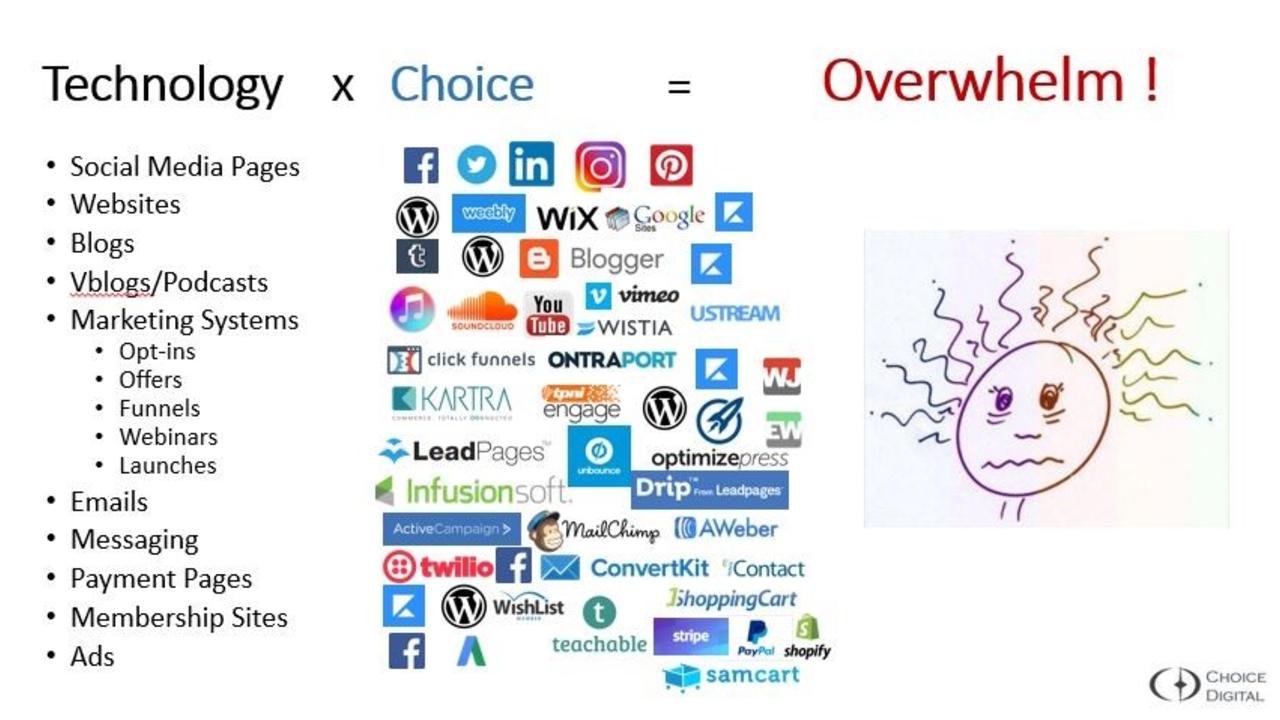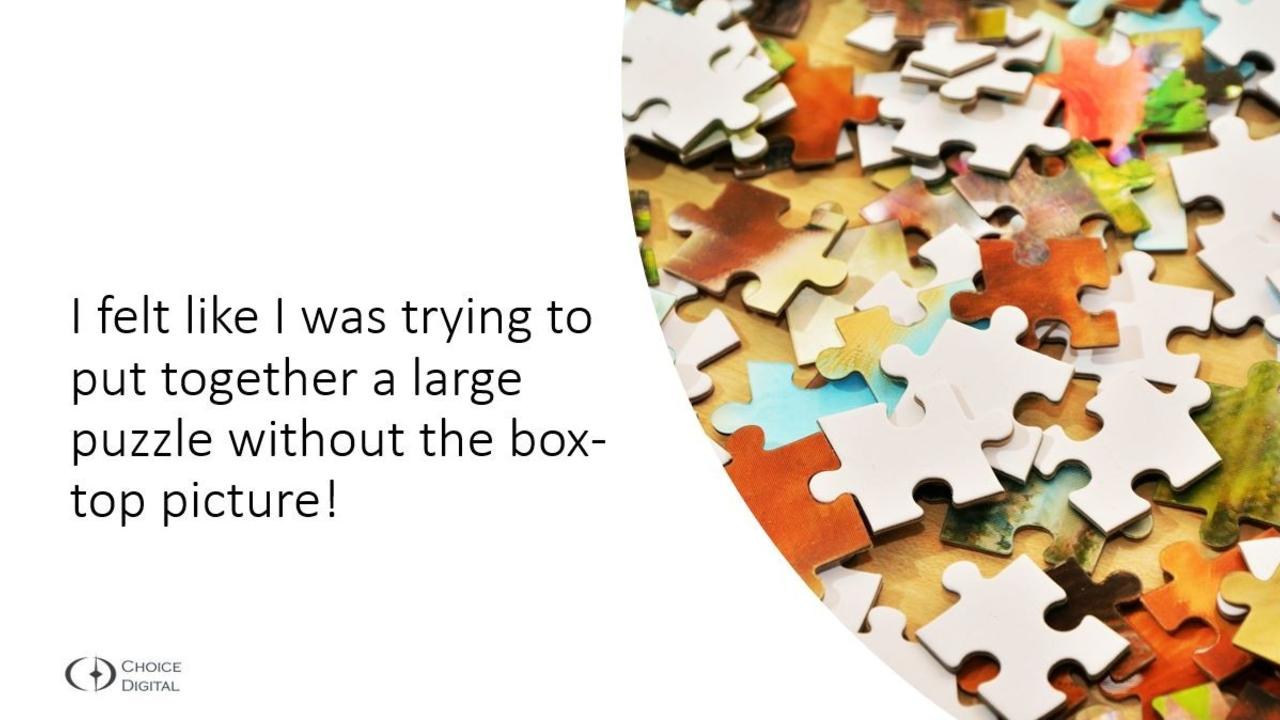Choice Insights
Reflections about Choice, Personal Growth, and Online Business for Professional Coaches & Service Providers
If you are a coach, consultant, trainer, or other professional service provider who makes their livi...
Coaching is a growing industry, so why do four out of five coaching businesses fail within the first...
Who are the thought leaders and what do they do? What are the steps to setting up a thought leader b...
Since there are so many online assets to create, it is easy enough to get stuck in the analysis para...
Creating online assets is step 3 of the Online Business Success System.
Now that you have designed ...
One of the most challenging problems we face as thought leaders in getting our online systems up and...
The foundation of building any software system, i.e., your online platform is to first understand wh...
That is the big aha that I had a couple of years ago.
I built custom software systems for ExxonMobi...
When I got home from Expert’s Academy I was faced with the question, now what is the next step to ge...
That was the question that triggered my entry into what I now call Internet Marketing Grad School.
...That was the question that a friend and a spiritual coach asked me about my first book while it was ...
It’s time to start writing now. I’ve completed my first draft outline, and I started writing over th...














